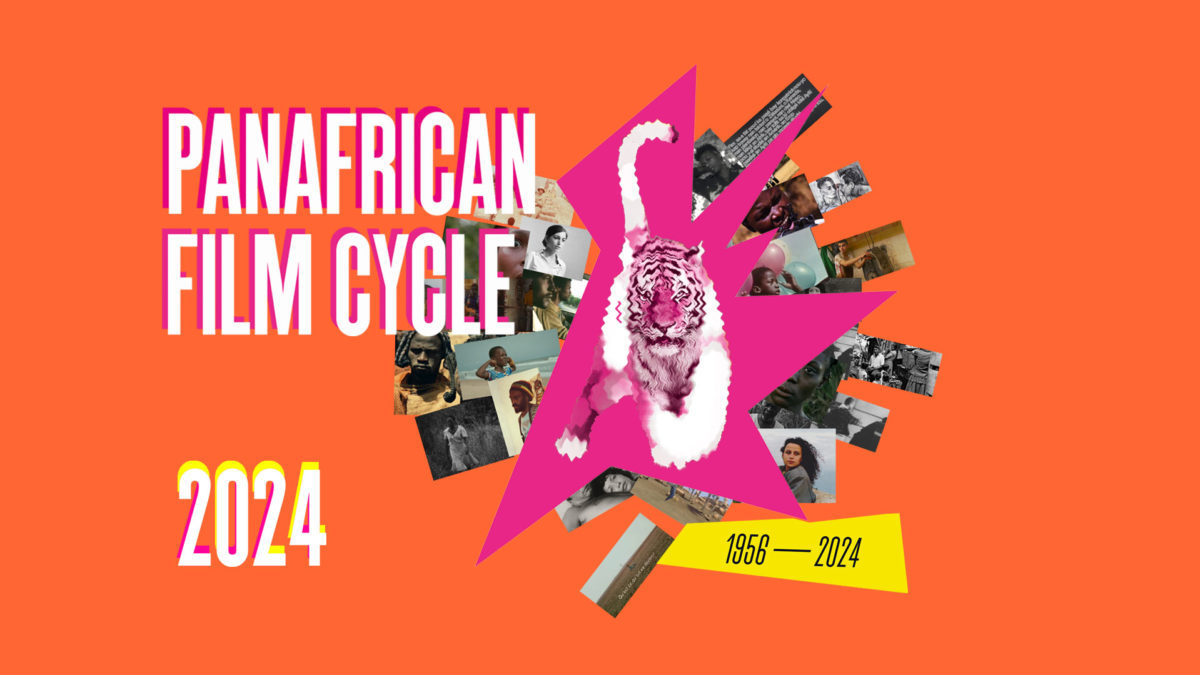Flame
Ingrid Sinclair Filmography Elle a étudié la littérature anglaise et la médecine à l’université, études qu’elle abandonne pour se consacrer à la réalisation cinématographique. Combattante de toujours en faveur des droits de l’homme, elle est devenue une militante active dans … Continuer la lecture
